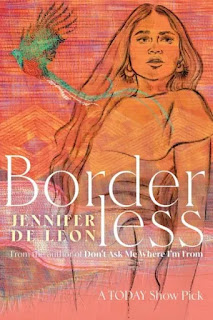Junior is a typical Indian kid living on the rez in western Washington. And in case we don't know what that means, Junior spends a good part of the book explaining his life. The humor, dry and full of homoerotic violence, works surprisingly well at explaining some pretty hard truths about reservation life -- poverty, alcoholism, and general dispair -- while keeping the story from getting overwhelmed by the miserable conditions.
Junior's a smart kid but the reservation school can't offer him many opportunities. Kids on the reservation don't go to college. So, a concerned teacher encourages him to transfer to a white high school off the reservation to give him a chance. Doing so, he faces overt racism from his new classmates and the ir community, but over time he wins over the people there. Back home, things don't go so well as his tribe sees his decision as a betrayal of the tribe. In the end, Junior finds a balance between his ambition to succeed and his respect for the traditions from which he comes.
The great strength of the book is its complete unwillingness to romanticize Indian life. Some of this is done with the humor, but never too far from the surface is a strong caution that there is nothing particularly glorious or redeeming about the reservation. And that the problems that Indians face are particularly complex and rooted in both external and internal forces.









